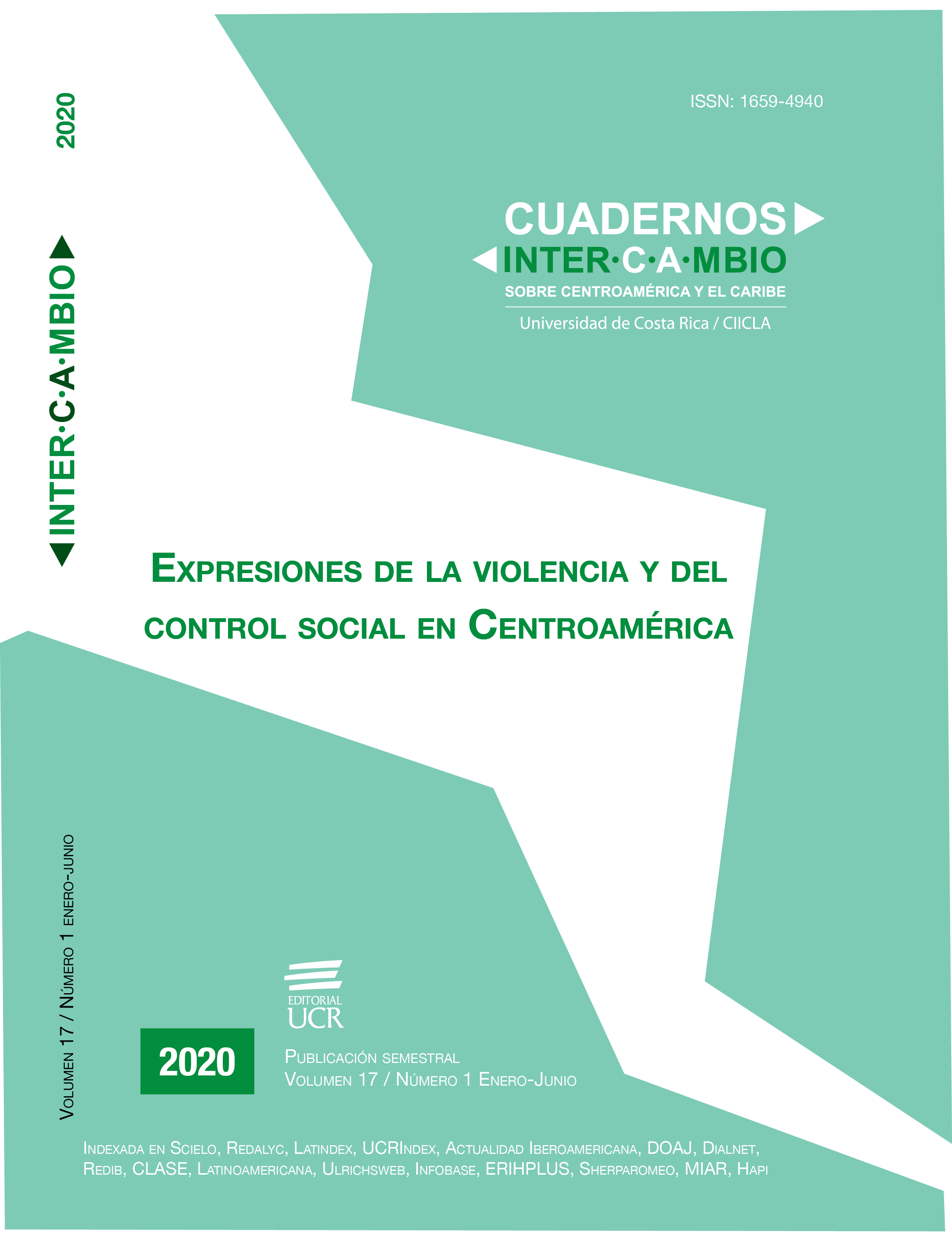Abstract
This article presents a defense strategy for migrant agricultural laborers, taking as a reference the case of two day laborers from Chichabanteljá, an indigenous community in the state of Chiapas, in southern Mexico, who were victims of labor exploitation in the state of Nuevo León. The methodology is based on context analysis as a procedure to identify the recurrence of structural patterns and actors involved in human rights violations of agricultural laborers, whereby an ad-hoc defense strategy was developed, in the case indicated. The result of the investigation concluded that the migration of agricultural laborers of ethnic origin is a phenomenon that has been neglected in recent decades by the Mexican state and that the existing regulations are still insufficient to guarantee access to justice for victims of labor exploitation.


